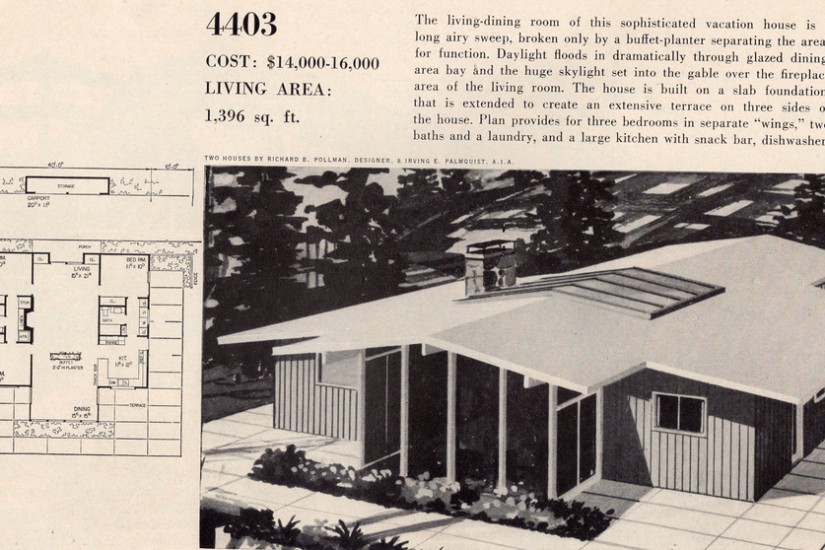Today’s home builders are “[r]eactionary, obstinate, restrictive, frightened of change, un-imaginative, profit-bent only…” and “the building industry is turning out thousands of cracker boxes…” for the masses in need of housing, who are“desperate and house-ignorant, clamoring solely for a roof over their heads, unmindful of their fearful destiny: the sickening realization a few years hence that they have mortgaged their incomes for houses which are ten to thirty years out of date—both in plan and materials.”
So observed the midcentury American journalist Elizabeth Gordon about the housing market in 1947. It’s hard to imagine such pointed and powerful prose would be published in a mainstream publication today, with what was once derided as middlebrow criticism—journalism for the aspirational if not elite classes—having largely given way to the pressures of clickbait and social media hits. What’s more astounding is that this was not published in the newspapers where Gordon started her career—the New York World, New York Journal, or even the onetime proud Times competitor, the New York Herald Tribune. In fact, she was railing against the architectural and homebuilding establishment from the editorial pages of House Beautiful.
A magazine founded to straddle the void between professional architectural periodicals and ladies’ journals, the original House Beautiful presented architecture and decor in serious but accessible fashion, and Gordon was an editor with unsparing and eloquent opinions about the inadequacy of both mainstream and elite notions of design. She unfortunately became best known for the International modernism she was inveterately against rather than the many broader varieties of innovation she was assiduously for.
This is the story told in Monica Penick’s invaluable new book, Tastemaker: Elizabeth Gordon, House Beautiful, and the Postwar American Home.
“Tastemaker” is a term that a term that Penick borrows from a 1949 book by Russell Lyne, best known as the author of the Harper’s essay “Highbrow, Lowbrow, and Middlebrow.” His attention was to the process by which “taste became everybody’s business and not just the business of a cultured few,” a quest that had been Gordon’s for several years by the point of that book’s publication, amidst her pivotal two-decade tenure as editor of House Beautiful.
